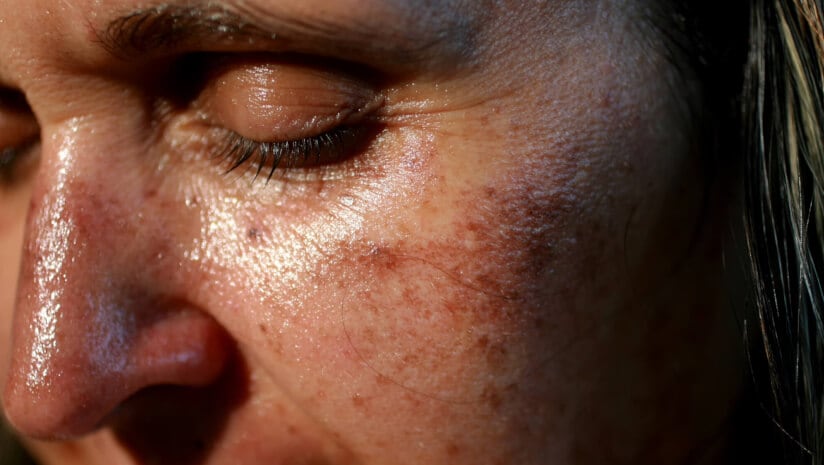A review published in Frontiers in Medicine examines the emerging evidence supporting the ability of certain dietary supplements to offset photoaging by targeting pathways involved in UV-induced oxidative stress, inflammation and collagen degradation. Others, while promising, may require more robust clinical research.
“To date, the scientific substantiation regarding the effectiveness and safety of dietary supplements in countering skin photoaging has been insufficient and unconvincing,” wrote researchers from Chengdu University of Traditional Chinese Medicine and Baoji Traditional Chinese Medicine Hospital.
“We have the confidence that as the importance of skin photoaging continues to be recognized and as more trials are conducted, an increasing amount of beneficial evidence for dietary supplements in addressing skin photoaging will emerge.”
The rise of photoaging and photoprotection
A growing body of research confirms that prolonged sun exposure is the leading cause of skin aging, known as photoaging. This exposure results in visible skin damage including wrinkles, dryness, hyperpigmentation, thinning of the topmost layer of the skin, heightened fragility and noticeable changes in the elastic fibers of the underlying skin layer.
“Based on this, an increasing number of people are starting to pay attention to photoprotection through dietary means, and there is a growing interest in natural dietary supplements for preventing UV-induced damage,” the researchers noted, adding that rising ultraviolet levels pose an escalating threat not only to skin suppleness but to public health.
While they recognized the need for more research to fully understand the underlying biological mechanisms, various supplements appear to offer protection by reinforcing the skin’s natural defenses and improving elasticity, moisture and overall appearance.
The science currently supports collagen as vital to maintaining skin elasticity and moisture and suggests that polyphenols, a diverse group of plant compounds, can help protect against oxidative damage, boost collagen production, improve skin hydration and potentially reduce pigmentation. Flavonoids, a type of polyphenol, are known to improve blood circulation, reduce inflammation and strengthen the skin’s natural barrier. Other nutrients like carotenoids, lycopene, hyaluronic acid and astaxanthin have been studied for their potential to absorb harmful UV rays, protect against skin damage and support the skin barrier repair.
What the data shows
For their review, the researchers conducted a systematic search of the Pub Med, Embase, Web of Science and Cochrane Library databases between January 2000 and October 2024 and identified 40 randomized controlled trials investigating the relationship between dietary supplements and skin photoaging in a total of 2,119 healthy participants.
Minimal erythema dose (MED) and R2 served as indicators to evaluate the impact of dietary supplements on skin photoaging.
MED—a measure of the minimum amount of ultraviolet radiation or the shortest exposure time needed to induce the least visible redness on the skin, known as erythema—varies depending on individual skin photosensitivity, also known as phototype, where a higher MED value indicates a greater ability to combat photoaging of the skin. R2 is a key parameter of skin aging that measures the skin’s gross elasticity and resilience.
According to the review, polyphenols and collagen-based dietary supplements demonstrated an improvement in R2, while only flavanols significantly enhanced MED.
“Currently, certain orally administered dietary supplements, such as collagen, flavanols and other polyphenols, have demonstrated efficacy in addressing skin photoaging,” the researchers reported. “However, the existing evidence on the efficacy of dietary supplements like carotenoids, lycopene, and astaxanthin in mitigating skin photoaging is still limited.”
They added that during the study periods considered, typically 24 weeks or less, all dietary supplements were found to be safe and noted that their findings should not be interpreted as conclusive evidence against potential benefits but rather encourage rigorously designed, hypothesis-driven studies to further explore safety, efficacy and mechanism of action of the various compounds.
Source: Frontiers in Medicine. doi: 10.3389/fmed.2025.1582946. “Effectiveness of dietary supplements for skin photoaging in healthy adults: a systematic review and meta-analysis of randomized controlled trials”. Authors: Qifeng Yang et al.


